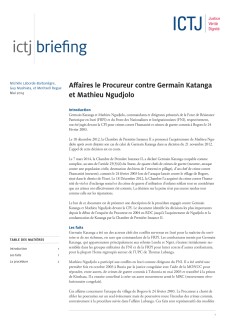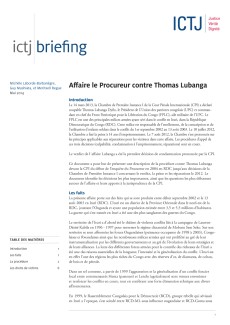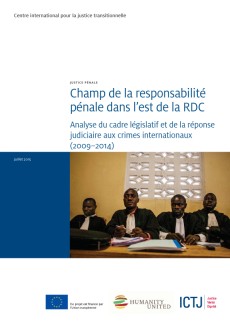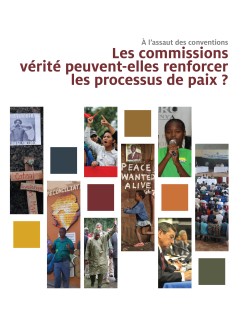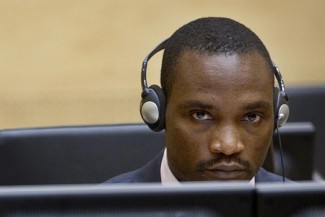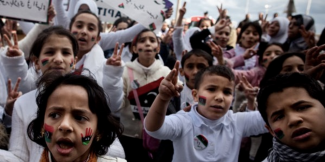Bibliothèque de ressources
La bibliothèque de ressources contient tous les travaux publiés par l’ICTJ depuis 2001 jusqu’à nos jours, regroupés par catégorie et consultables par mot clé, pays, thème, langue, etc.
Nous continuons d'ajouter des documents archivés à la bibliothèque, en particulier des produits multimédias tels que des vidéos, des galeries de photos et des enregistrements audio. Veuillez revenir régulièrement pour parcourir notre collection en expansion.
Nous continuons d'ajouter des documents archivés à la bibliothèque, en particulier des produits multimédias tels que des vidéos, des galeries de photos et des enregistrements audio. Veuillez revenir régulièrement pour parcourir notre collection en expansion.



